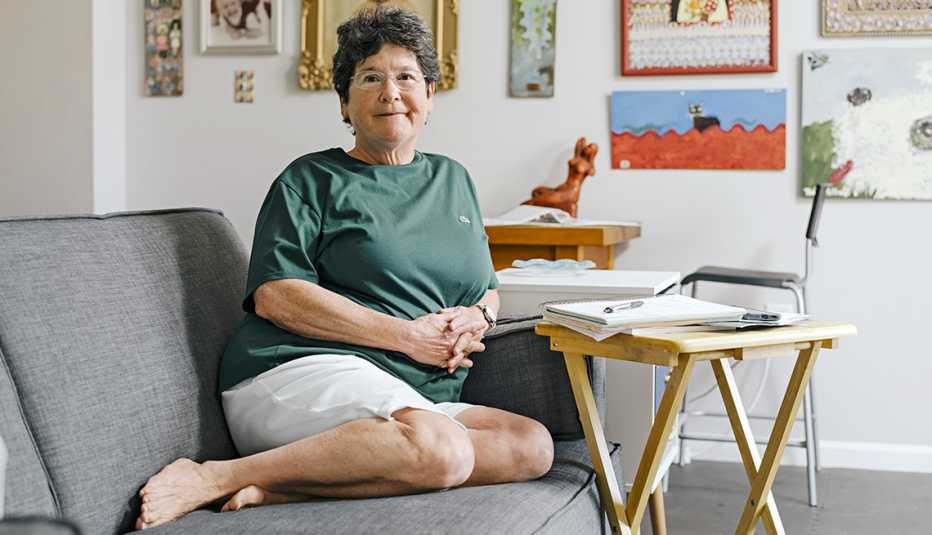AARP Hearing Center


The problem
How do I find someone to help me with my finances? It’s a question I get a lot. Most recently, Celia Nathan, 66, wrote me looking for “a financial adviser whom I can trust, while not costing me a ton of money.” Nathan, who works at a Maryland assisted living facility, has $440,000 in retirement savings. She wanted personalized answers to all of her retirement planning questions, but like many people, she thought she wasn’t wealthy enough to afford that help. “We’ll find someone at a price you’re comfortable paying,” I told her. It was harder than I thought.
The advice
To find a financial adviser, you can get recommendations from people you know — preferably people with similar finances. You can search a directory operated by trade groups (letsmakeaplan.org, napfa.org and plannersearch.org) or private businesses (xyplanningnetwork.com, garrettplanningnetwork.com and wealthramp.com). You may be offered help through your workplace or your bank or brokerage. Some advisers work on a project or on an hourly basis to create a financial plan, but most are looking for clients whose finances they can oversee for years.
Some of the many professional designations advisers can have — such as certified financial planner — indicate a certain level of competence. Regulatory exams, however, don’t test whether advisers actually give good advice, says Michael Kitces, cofounder of the XY Planning Network of advisers. For Nathan, that uncertainty has been paralyzing.
Costs can be another barrier. Investment advisers typically charge an annual fee based on the amount of money they manage; 1 percent of assets is common. Other financial planners might charge by the hour — $150 to $400 — taking eight to 12 hours to develop a financial plan that could cost $3,000. Finally, some advisers have launched monthly subscription services, typically amounting to $3,000 a year.
Why so much? Kitces points to the marketing expenses and hours of meetings required for advisers to land clients. “We end up charging fairly high fees because we have to,” Kitces says. “Imagine if the average doctor had to spend eight to 10 hours just to get a patient.”




































































More From AARP
Tax Preparers Start Using AI to Help File Your Returns
But can you trust an artificial intelligence bot?AARP Property Tax Aide Helps Fight Rising Taxes
More than 9 million taxpayers likely qualify for reliefRecommended for You